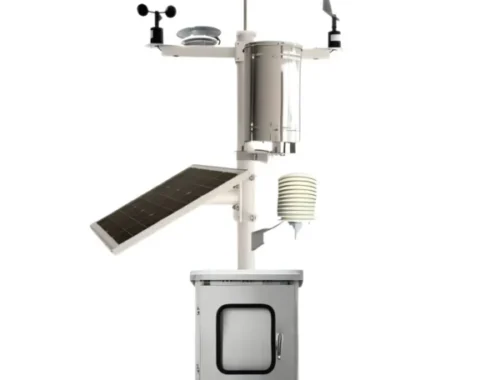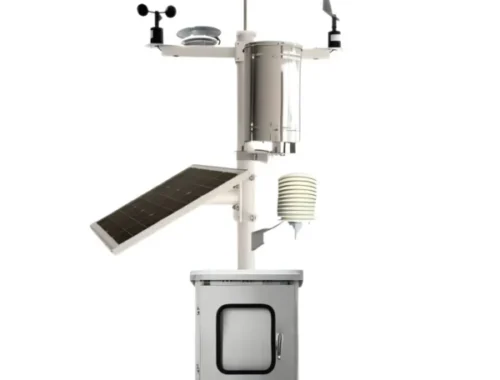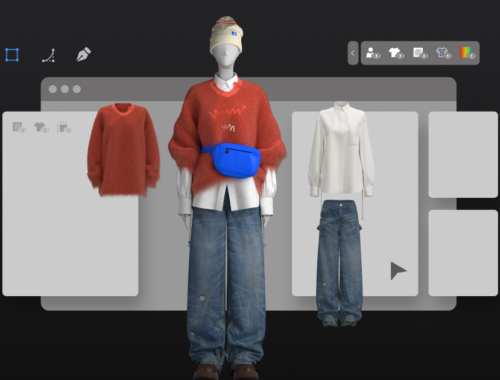Sensitive issues cloud push for Ukraine truce at Paris meeting
Hopes that upcoming high-level talks can help achieve a ceasefire in eastern Ukraine are tempered by the likelihood that some thorny matters will be brought to the table at the meeting in Paris, experts said.
The leaders of France, Germany, Russia and Ukraine will gather in the French capital on Monday in an effort to resolve the crisis in Ukraine under the framework of the Normandy Quartet.
Hosting the talks, French President Emmanuel Macron will be joined by German Chancellor Angela Merkel, Russian President Vladimir Putin and his Ukrainian counterpart Volodymyr Zelensky. The four-party talks will take place in accordance with the Minsk Accords, which are aimed at bringing the conflict in Ukraine’s east to a peaceful end.
Since April 2014, an armed conflict between Ukrainian government troops and pro-independence militia has been underway in eastern Ukraine’s Donbass region. The Minsk agreements were reached in September 2014 and February 2015.
Click Here: azzaro parfum
The security package of the deal includes a full ceasefire, the withdrawal of heavy weapons from the line of contact, the removal of foreign fighters from Ukrainian soil, and the return of government control to the border between Ukraine and Russia.
According to the Elysee Palace, the talks will following the major progress made since the summer in negotiations, which enabled the disengagement of troops in several areas of tension. These gains will open up a new sequence of implementation of the Minsk agreements.
Daria Gaidai, a researcher at the Institute of World Policy in Kiev, Ukraine said Kiev would use the meeting in Paris to push for a clear timeline on implementing the Minsk deal regarding a ceasefire.
A statement released by the office of the Ukrainian president said Merkel and Macron had agreed to the talks in order to “put pressure on Russia to fulfill the security package” of the Minsk agreements.
Gaidai said: “From the position of Ukraine, the talks provide an opportunity to draw attention to the situation in Donbass and to discuss a roadmap for the ceasefire deal, namely the sequence of security and political steps and benchmarks.”
Leonid Kalashnikov, the head of a committee of the Commonwealth of Independent States Affairs at the Russian State Duma, said Ukraine and Russia have been making efforts to work within the Normandy format for the talks.
Kalashnikov said all parties are laying the groundwork for the meeting, and some fruitful results are expected.
Federica Mogherini, high representative of the EU for foreign affairs and security policy, shares Kalashnikov’s view. She said the Paris meeting provides important opportunities to “enhance current results and achieve further progress”.
As for what the four leaders will actually discuss at the meeting, media outlets and experts have been speculating for months on the agenda items. Representatives of the participating governments have been tight-lipped.
Macron said on Tuesday that he hoped the meeting can make progress toward a settlement of the Ukrainian conflict.
Zelensky said he wanted to discuss with Putin about the long-term arrangements for the transit of Russian gas through the Ukrainian gas transmission system.
He also said he hoped the agenda will include issues a time frame for the handover of a border area now not under Ukraine’s control.
In response, Russian presidential spokesman Dmitry Peskov said on Monday that any discussion of Crimea’s status with Kiev is impossible.
In reply to a question on how Putin might react to a proposal that the status of Crimea be discussed at the summit, Peskov said: “This would not result in the curtailment of the talks”.
Gaidai expects that the talks will go well because Russia has a strong need to participate in the Normandy Quartet framework, as the talks “might be part of a wider strategy to decrease the level of tensions between Russia and the West”.
Macron said in an earlier interview that Russia could be readmitted to the club of G8 nations-from which it was expelled in 2014 after Crimea joined Russia through a referendum-if the Ukraine conflict was resolved.
You May Also Like

Automatic Weather Station: A Comprehensive Overview
March 14, 2025
What is an Automatic Weather Station?
March 15, 2025